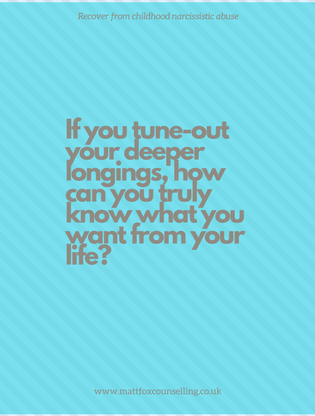‘I don’t mind’. ‘You choose.’ ‘I’m easy’ ‘Whatever you feel like.’
The words come easily when you’re a people pleaser. The easy-going side to you. The part that doesn’t want to rock the boat, create upset or disappoint.
It’s not a particularly nice or flattering description for what goes on when you chose to say yes, or not express an opinion.
The idea is that the people pleaser will ignore their own needs or opinions to ensure someone else isn’t disappointed or confronted.
It’s a very skilful way of keeping the peace.
But the trouble with people pleasing? Everyone gets to win but you. Even that’s not strictly true. The person who ‘wins’ doesn’t really either. They don’t get to know what you truly desire or want.
They only get a partial view of you. Not an authentic expression of your deeper longings.
The trouble with people pleasing? Everyone gets to win but you. Click To TweetWhy do you people please?
No-one I’ve met in my work sets out to be a people pleaser. It’s a learned behaviour that comes from years of adaptation.
If you grew up in a home where one of your parents was on the narcissistic spectrum, or was particularly controlling the chances are you learned to work around that.
Rather than incur mum or dad’s wrath by displeasing them or contradicting them, you may have learnt it was much safer to comply.
In fact, complying may have brought some kind of emotional reward. A feeling of being wanted, approved or even just being acceptable for that moment.
That would have felt good. Just as the opposite, asserting your will, stating your needs, being yourself might have brought shame and blame. Pretty obvious which route you’d choose after a while. Pleasing would always win out, right?
Fast forward into adulthood and those childhood responses are pretty hard-wired. You’ve learned that when you say yes, follow along, you don’t get criticised or shamed.
There’s a reward for not setting boundaries. You may feel people are taking advantage, but your nervous system stays calm. Anxiety levels remain relatively low.
The downsides of people pleasing
But in the background something else might be brewing. If pleasing others is your predominant response to decision making, it’s quite possible that you could:
- develop underlying resentment and anger towards the other person. Unexpressed this could come out as passive agression or sudden outbursts
- find yourself depressive and low in energy as your deeper desires are thwarted and unexpressed.
If you’re rarely able to give voice to your desires, over time you may stop recognising what these actually are.
If you rarely give voice to your desires, over time you may stop recognising what they actually are. Click To TweetSometimes I meet with clients who no-longer know what they truly want or believe in their life as they automatically numb out these longings.
The work of therapy and counselling for narcissistic abuse helps you reconnect with what those basic needs are and how to find ways to express them.
The hidden consequence of people pleasing
The deeper consequence of people pleasing can also be experiencing an un(der)-lived life.
If you tune-out your deeper longings, how can you truly know what you want from your life? Those longings provide the map and territory that gives you purpose and direction.
If you tune-out your deeper longings, how can you truly know what you want from your life? Click To TweetWhen you ignore these or become alienated from them, it can be very hard to know what you’re really about in your life.
That is perhaps what is most painful about people pleasing. Not just avoiding expressing your needs or wishes. Not just keeping the peace even when in pain or discomfort.
Perhaps most of all, the distancing of your longing, your desire, your heart.
What can you do?
Step 1 Awareness
The starting point with change is always awareness, with kindness.
See if you can playfully start to notice when you avoid stating what you want or need.
Begin to observe when you feel listless or lack energy in certain situations.
Allow yourself to note, when you feel cross or grumpy later in the day or the following day after an act of people pleasing.
As you start to notice the patterns, you begin to create the space to break them.
Step 2 Self-knowledge
Next you can start to really get to know yourself. One of the best ways is to really focus in on your values. Knowing these can help inform your decisions and impulses.
Getting clear on your values can be done by asking yourself really deeply, what’s important to me in terms of ‘how’ I live my life. For example:
- Joy
- Fairness
- Equality
- Community
- Hope
- Family
And when you’ve done that, deepen it with questions about how you might know if you are living your life by these values.
Step 3 Learning to live with disappointing others
This one is perhaps the toughest. People pleasing is, amongst other things, about avoiding conflict.
Saying what you want or how you might feel creates the possibility of either conflict or someone being disappointed in your.
Your child self may agonise over this, but your adult self can perhaps reassure you that this is uncomfortable but you’re (and your relationship / friendship) can survive this truth saying.
It may not always go to plan, but practising with self-kindness and openness can really help.
If you’re struggling with people pleasing…
I work with people just like you, to help them change painful ways of being, and recover from the impact of childhood emotional neglect and narcissistic abuse.
Get in touch via email, call or text me on 07443 640556. I work face to face and online.

